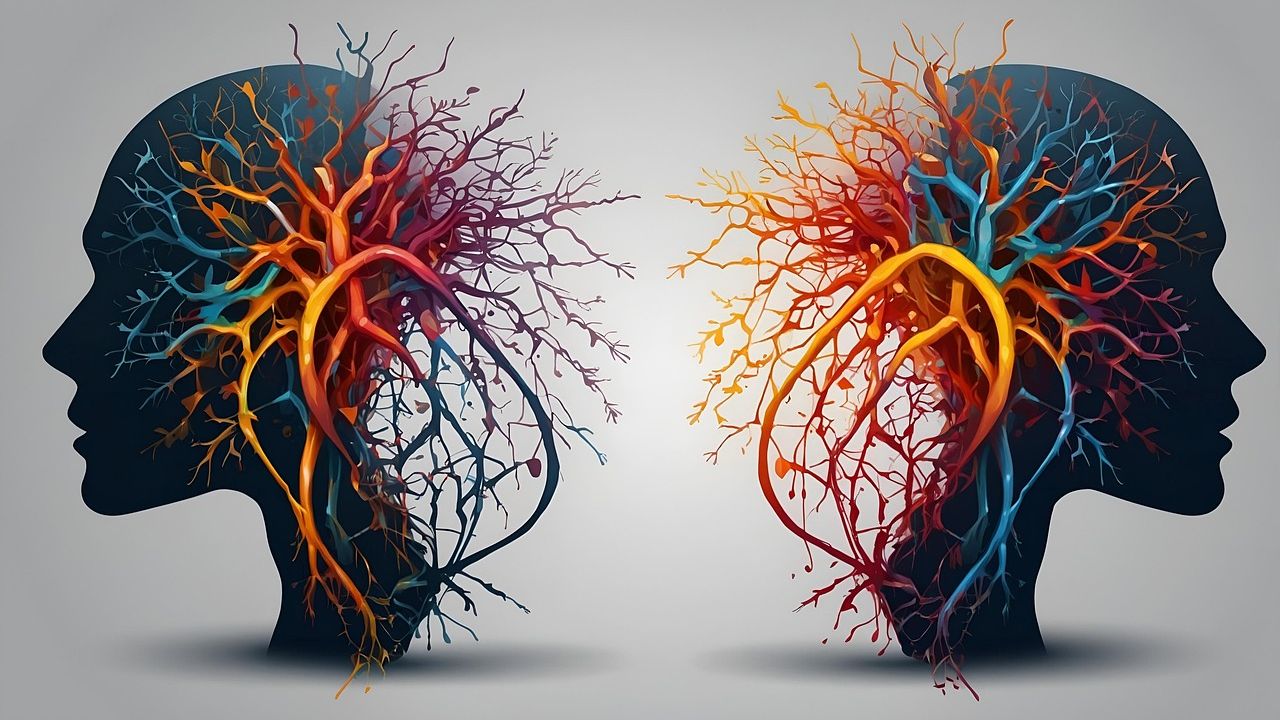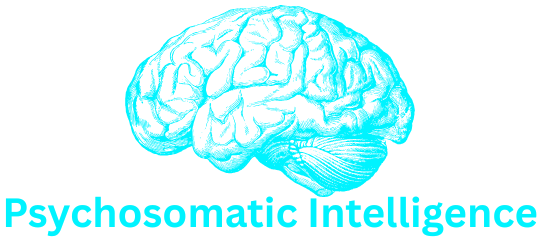
From IQ to EQ to PSQ — The Next Evolution in Human Intelligence
Why Intelligence Must Evolve
Intelligence is often reduced to IQ — your ability to solve problems and think analytically. Then came Emotional Intelligence (EQ), which revealed that understanding emotions is equally critical to success. But both IQ and EQ, while valuable, fail to capture the full picture of human potential.
Enter PSQ — Psychosomatic Quotient — a revolutionary model that expands intelligence to include your body, subconscious, and nervous system.
In this article, we’ll explore why PSQ is the missing piece in the intelligence puzzle, how it integrates IQ and EQ, and why mastering it is essential for modern life.
What is PSQ?
PSQ stands for Psychosomatic Quotient — your capacity to align your mind, emotions, and body for coherent, effective action. It measures not just what you know (IQ) or how you feel (EQ), but how well your entire system — conscious, subconscious, and somatic — works together in harmony.
Think of PSQ as your internal operating system. It governs how efficiently your thoughts, emotions, and physical states collaborate to achieve a desired outcome. A high PSQ means your system is running on coherence, clarity, and ease. A low PSQ, on the other hand, leads to self-doubt, inconsistency, and burnout.
Unlike IQ, which is largely fixed, or EQ, which is moderately trainable, PSQ is highly adaptable. Through deliberate practices, anyone can strengthen their PSQ and unlock:
-
Embodied, meaningful goal setting
-
Rapid stress recovery and emotional resilience
-
Recognition and reprogramming of self-sabotaging patterns
-
Access to flow states and sustainable energy management
This is why PSQ represents the next essential evolution in personal mastery and leadership.
IQ + EQ + PSQ — A Complete Model
Our understanding of intelligence is evolving. Traditionally, success was linked to IQ — the ability to reason, solve problems, and think analytically. Then came EQ, which added emotional awareness, empathy, and relationship management to the equation.
But even together, IQ and EQ leave a gap — the gap of the body, the subconscious, and the nervous system. This is where PSQ comes in.
| Intelligence Type | Focus | Limitation |
|---|---|---|
| IQ | Cognitive reasoning, problem-solving | Ignores emotional and body wisdom |
| EQ | Emotional awareness, empathy | Ignores subconscious programming and somatic cues |
| PSQ | Nervous system alignment, subconscious integration, somatic awareness | Holistic mastery |
PSQ serves as the integration layer between mind, emotion, and body. When IQ provides the logic and EQ manages relationships, PSQ grounds both in the visceral reality of your physical and subconscious state. Without PSQ, even a genius with emotional skills can suffer from chronic stress, anxiety, or self-sabotage because their nervous system remains dysregulated.
This triad — IQ, EQ, PSQ — forms the most complete model of human intelligence to date. In a fast, uncertain world, it's not enough to be smart or emotionally savvy; you need to be somatically aligned.
PSQ acts as the glue that holds IQ and EQ together. It ensures that your thinking and emotions are grounded in bodily awareness and subconscious alignment, creating whole-system intelligence.
Why PSQ is Essential for Success Today
In today's hyperconnected, high-pressure world, PSQ is not just an advantage — it's a necessity. Here's why:
-
Stress Resilience: Studies in neurophysiology show that a regulated nervous system enhances emotional control, executive function, and physical health. High PSQ individuals can shift from stress to calm efficiently, avoiding burnout.
-
Goal Achievement: Traditional goal setting fails when your subconscious perceives risk or conflict. PSQ allows you to align subconscious beliefs with conscious ambitions, neutralizing self-sabotage.
-
Leadership: Leaders with high PSQ exude a presence of coherence. Their words, emotions, and energy are congruent — making them more trustworthy and inspiring.
-
Happiness: Research in positive psychology confirms that happiness isn't just about achievements but about having a regulated nervous system and a coherent inner world.
Without PSQ, even the smartest or most emotionally skilled people hit invisible walls. They think, "I know what to do, so why can't I do it?" The answer is simple: without body alignment and subconscious support, intelligence alone falters.
How to Increase Your PSQ
Boosting your PSQ is about embodying alignment across mind, emotions, and body. Here’s how you can train each dimension:
-
Cultivate Strategic Awareness Awareness is the gateway to transformation. Mindfulness practices, body scans, and metacognitive reflection help you detect when your mind, emotions, and body are out of sync. For example, noticing a tight chest when setting a goal could signal subconscious resistance.
-
Regulate Your Nervous System A dysregulated nervous system keeps you in survival mode — impairing your ability to think clearly or feel safe. Breathwork, vagus nerve stimulation, movement practices like yoga, and cold exposure all train your body to return to safety and resilience.
-
Reprogram Your Subconscious Tools like hypnosis, neuro-linguistic programming (NLP), and belief rewiring reshape the deep-seated patterns that run your life. Subconscious reprogramming ensures that your internal narratives align with your goals, making progress feel natural instead of forced.
When these elements are in harmony, your PSQ rises — and so does your capacity for meaningful, sustainable success.
Ready to raise your PSQ? 👉 Schedule a free strategy call

